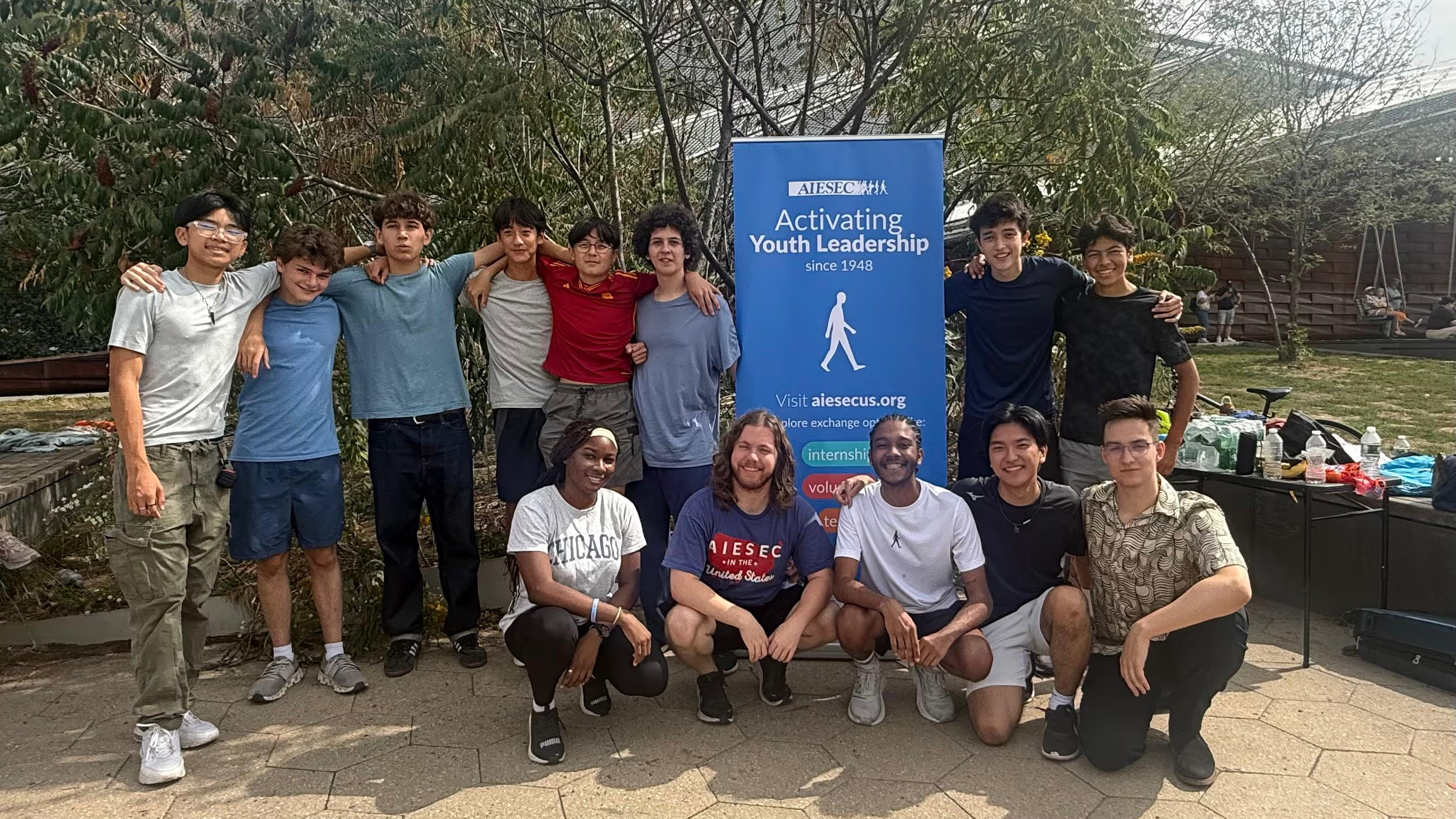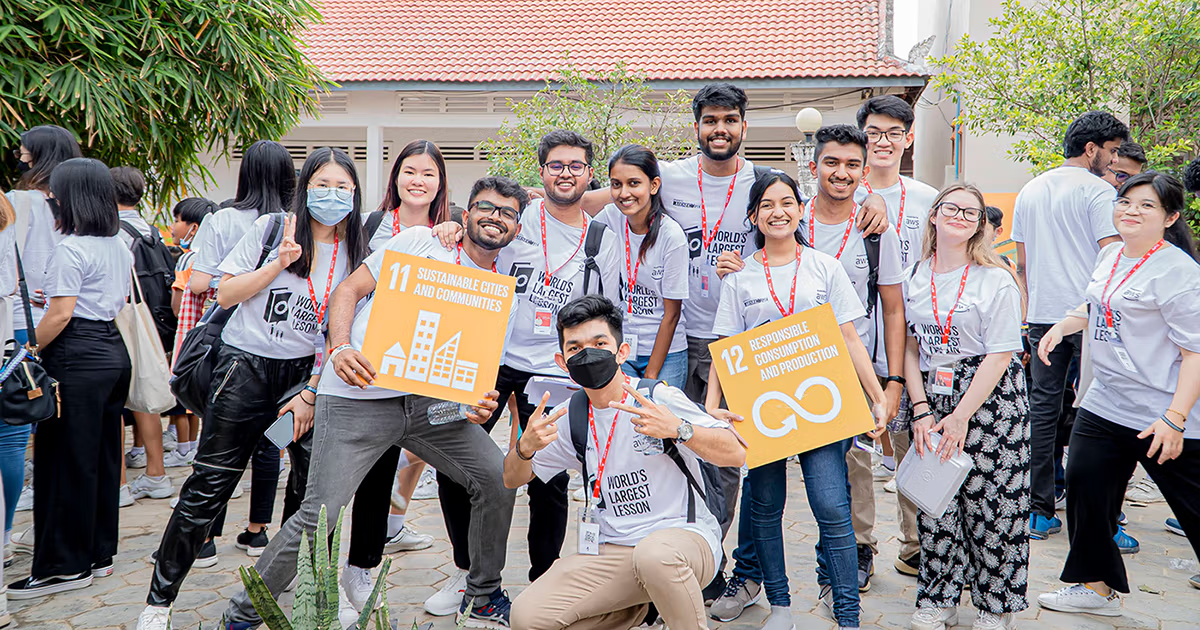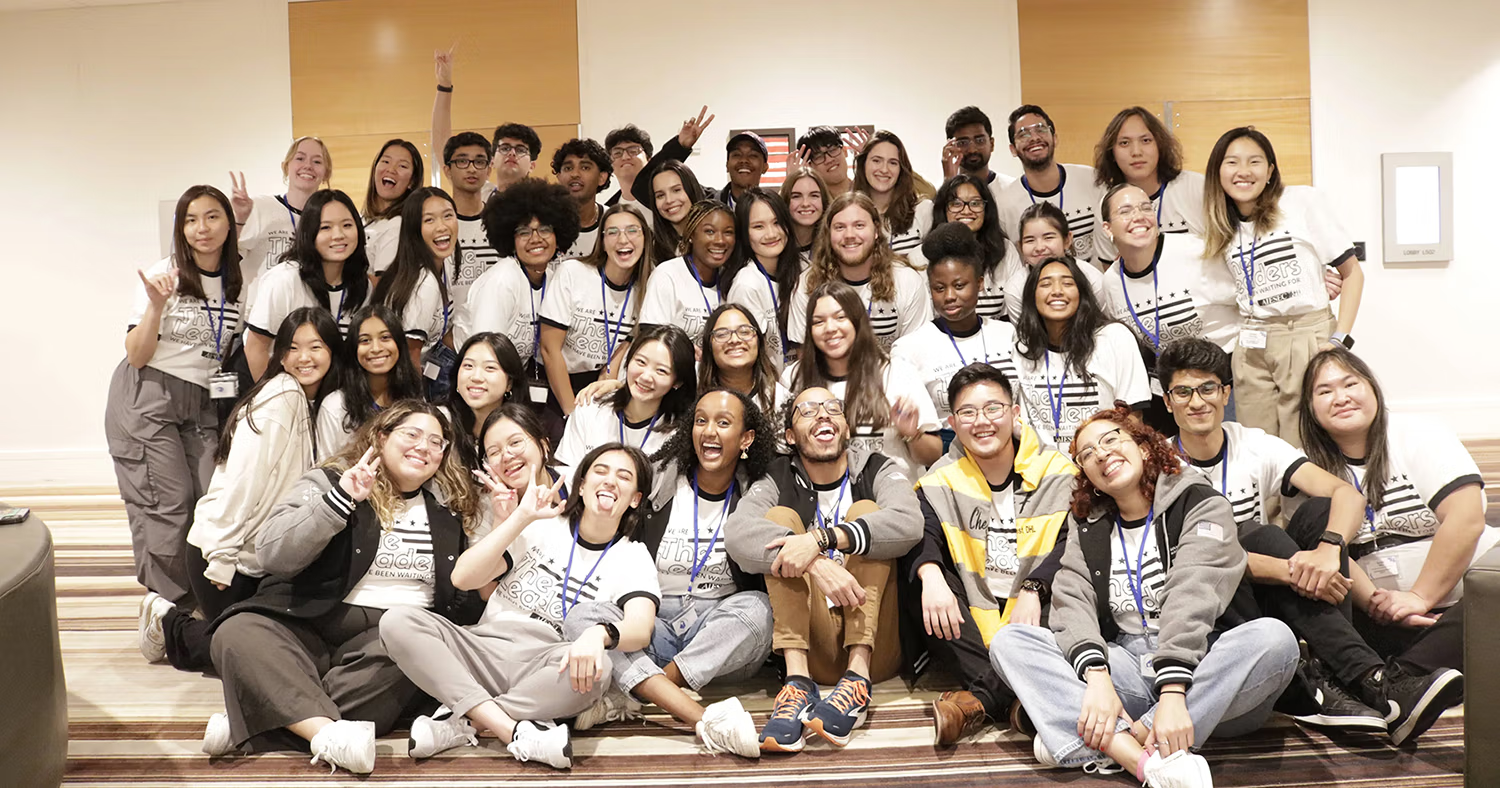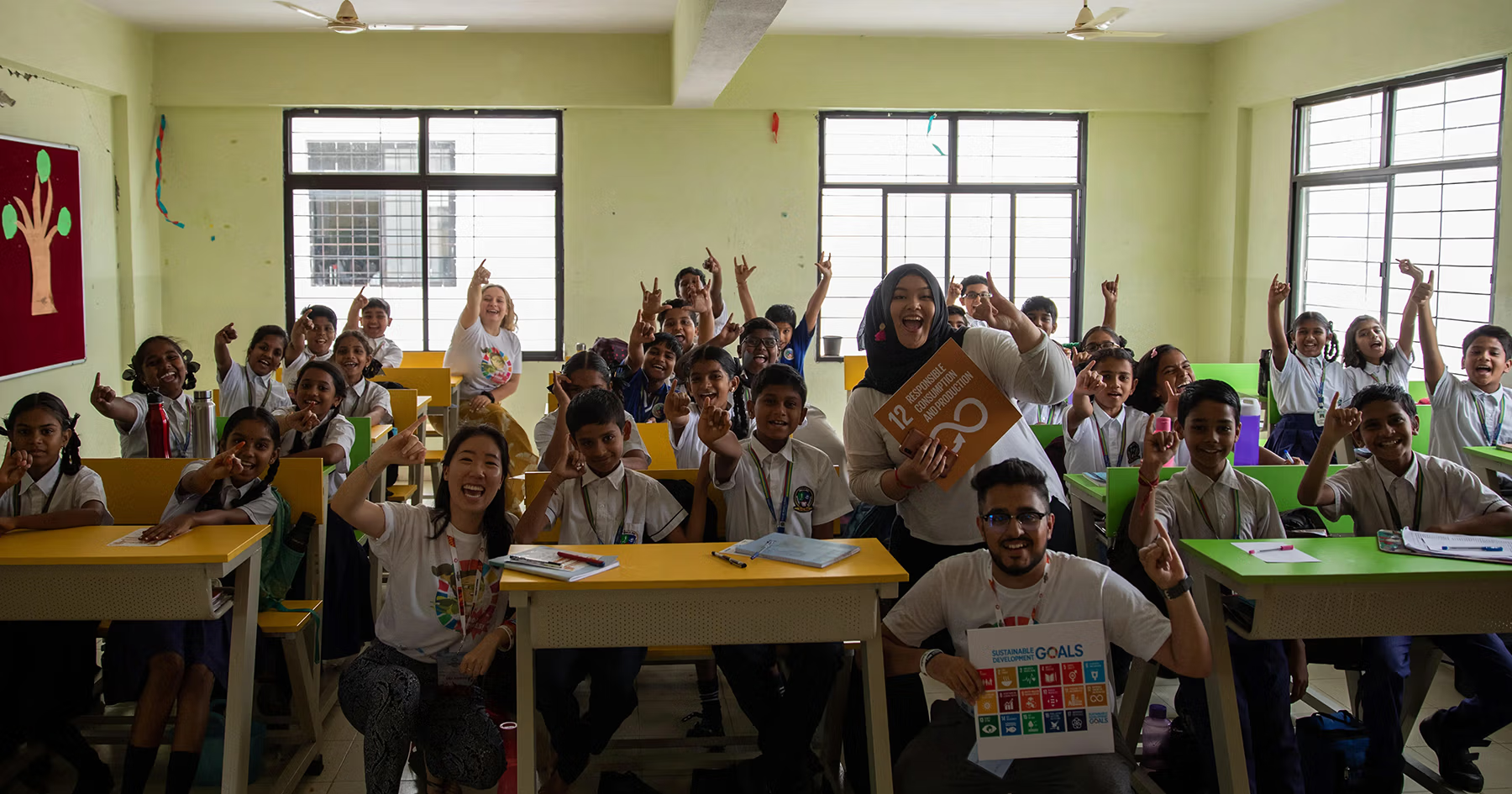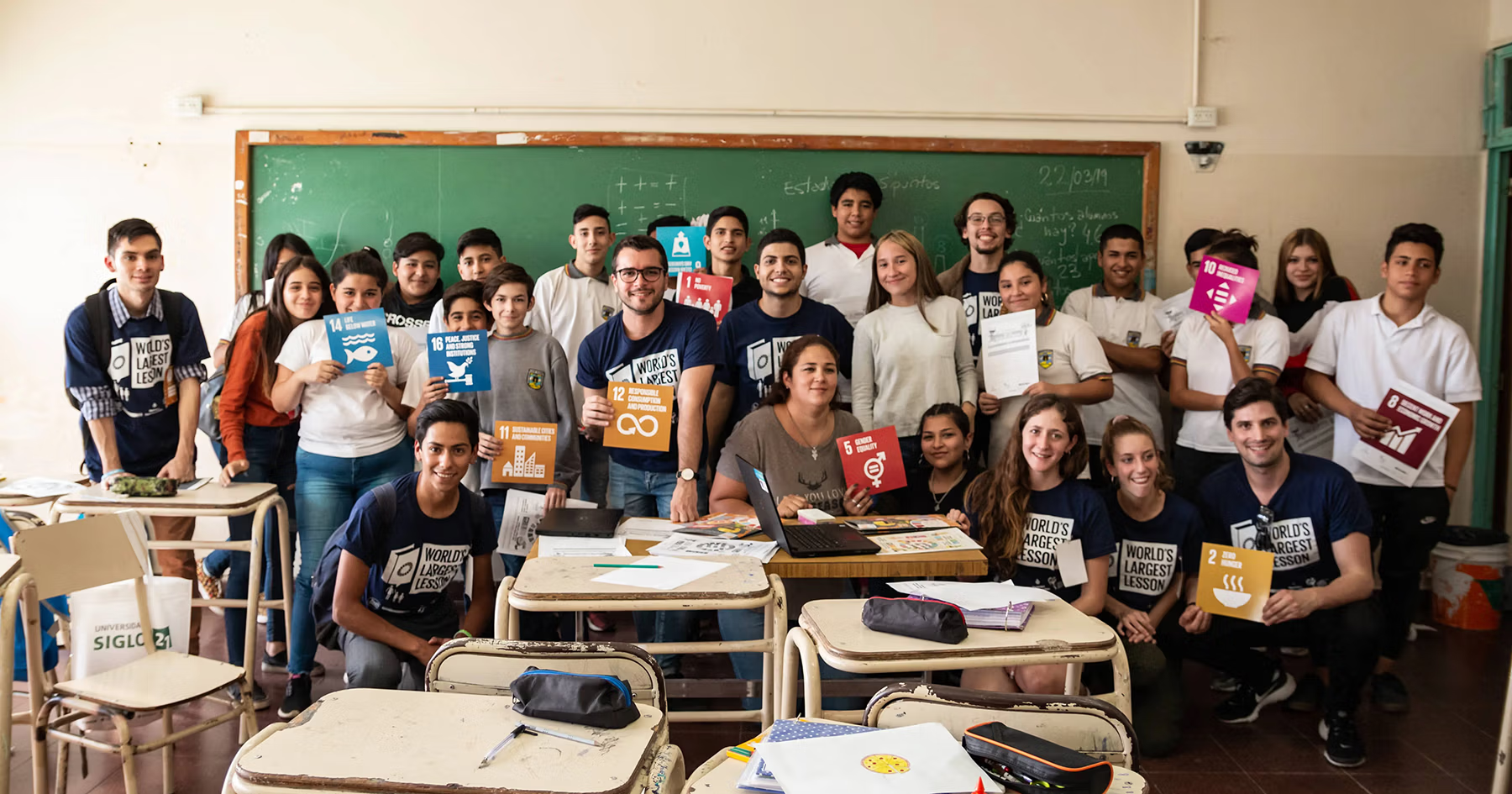Anna Karenina is a 900-page magnum opus by Russian writer Leo Tolstoy(1828-1910). It is regarded by many writers as one of the greatest literary works.
Are you ever frustrated by reading assignments? Well, same here. Reading for fun hits differently, and this book was a random purchase from a bookstore two years ago.
The main character, Anna, gives up her reputable yet passionless marriage for an extramarital affair, eventually leading herself to destruction. Contrasting her story is Levin, who finds a different path to happiness and faith. To sum up, it’s a story of marriage and adultery in 19th century Russia, no twists and turns. Sounds pretty boring, right?
Then why would many literary critics regard this novel as the “greatest work of literature ever”?
1. It’s a self-help book on self-awareness.
Tolstoy’s writing is like peeling an onion, layer by layer until it lays the bare soul of a human being. He dives deep into each character’s infinitude of emotions, revealing them to us in the plainest words. Those words are like a mirror - I could see myself in many characters. Not to say their life experiences are parallel to mine, but I resonate with their transient thoughts in daily moments.
In one of the chapters, Vronsky, the handsome military general with whom Anna committed adultery with, is organizing his expenses. The tedious process took Vronsky several hours to finish, so he is proud of his accomplishment. Tolstoy wrote, “it never occurs to him that other people have to deal with personal circumstances which are just as complicated as his.” This simple sentence hits me - I’ve had these prideful moments too! Tolstoy writes about the characters in the novel, but at the same time, he holds a mirror for me to look within.
Tolstoy writes from an omnipresent third-person perspective, where he would depict the thoughts and actions of characters, and he would add an explanation to their thoughts. In real life, often we aren’t aware of ourselves, even if we are conscious of our behaviors, we might not understand why we are feeling a certain way. By depicting his story through this perspective, Tolstoy added a layer to the characters.
2. It teaches us about gratitude.
Anna Karenina is all about the quotidian life - quarrels between a couple, mid summer’s grueling sun, the harvest of crops… When I was younger, I always fell for novels for their mind-blowing plot twists or poetic languages. My younger self would never be able to finish this book because it’s too boring. As I grew up, I started to understand how life is all about the mundane - we are about to eat breakfast, lunch, and dinner every single day. But it doesn’t mean that we can not enjoy life.
I’m a romantic(meaning an idealist, but I like romantic things too) at heart, but grudgingly, I’m coming to good terms with life. I try to live fully under the limitation of circumstances that life has placed upon me, just as this quarantine placed me within the four walls of my house. But I learned to be grateful. Thanks to the quarantine, I am able to spend so much time with my family; I can enjoy a cup of coffee in the backyard on a random Wednesday afternoon; I can finish the books that I’ve always wanted to read. I try to cherish every moment as if it is the last one, which leads to my last point - the inevitable end.
3. Existential Crisis and the Meaning of Life
Levin started off as an agnostic person. He is well-rounded in the intellectual world - he reads widely in philosophy, literature, sciences… He possesses great knowledge in farming, and he even plans to write a book on the ideal relationship between peasants and landowners. However, he has never thought about the bigger purpose of life - Who is he? What is here to do? Until he witnesses his dear brother passing away, he is finally awakened from the fleeting existence called life. He was suddenly overwhelmed by an existential crisis: he realized that no matter how much money he owns or how accomplished he is in farming, he still couldn’t escape from the inevitable end, death. A sense of horror creeps on him - he lost interest in anything, even his own life.
This is a shared experience for all human beings. Right now, with the coronavirus crisis, a lot of our plans got disrupted and our whole lifestyle has changed completely, we might wonder - why did we try so hard when our life could simply be destroyed by something out of our control? If life ends anyways, what is the purpose of living it? And how should we live it?
In the story, Levin lives on, without thinking too much about the meaning of life. Eventually, he gets married, has a beautiful child and finds his purpose in God. I’m not saying that you should lean into religion. We all have different reactions to our shared existential inquiry: some become hedonist and live a carefree life, some find themselves through God, and some are afraid and avoid thinking all their lives. There is no answer to “what is the meaning of life” because it varies for each individual. However, reading this novel and encountering Levin who is experiencing the same kind of confusion, and seeing how he finally finds an answer is a very heart-warming experience. That is also one reason why I like reading novels - I get to come across paths with all these different characters and understanding their journeys.
I’ll end this article by leaving you a quote by Levin, “I'll get angry in the same way with the coachman Ivan, argue in the same way, speak my mind inappropriately, there will be the same wall between my soul's holy of holies and other people, even my wife, I'll accuse her in the same way of my own fear and then regret it, I'll fail in the same way to understand with my reason why I pray, and yet I will pray--but my life now, my whole life, regardless of all that may happen to me, every minute of it, is not only not meaningless, as it was before, but has the unquestionable meaning of the good which it is in my power to put into it!”
Life is a constant journey of searching for meanings and improving ourselves. I hope after reading this, you will give Anna Karenina a read!

.webp)
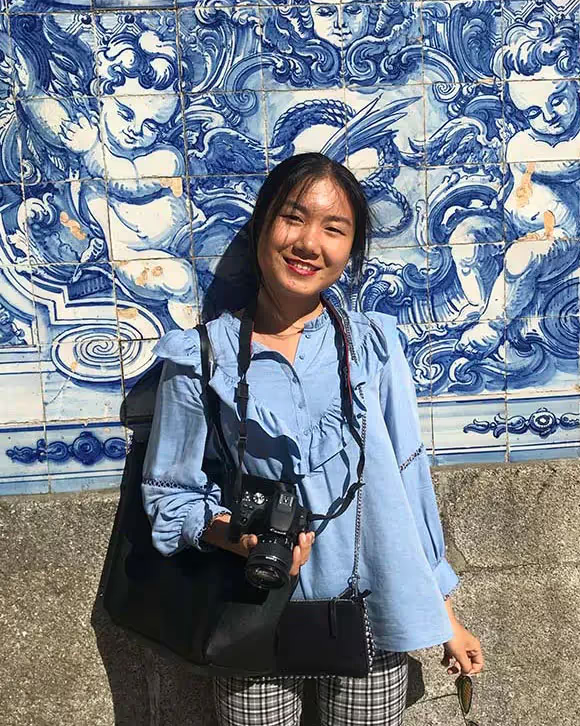
.avif)



